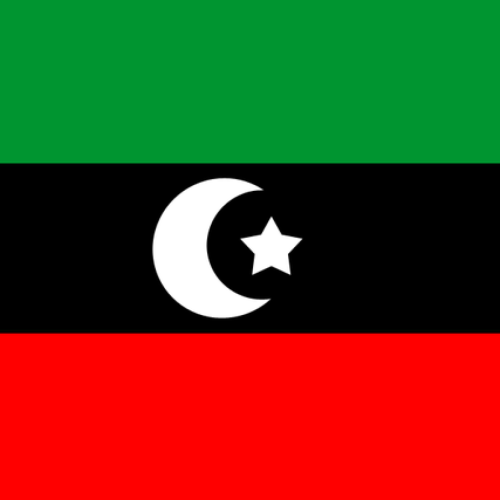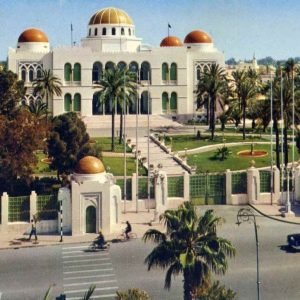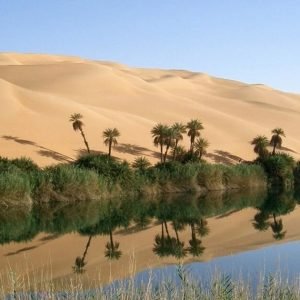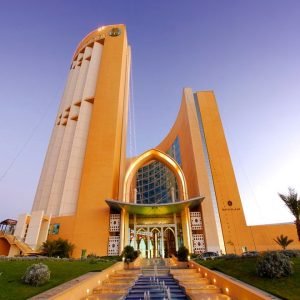Libya is a North African country with an ancient history, vast deserts and a beautiful Mediterranean coastline. Although the country has recently experienced unrest, it still boasts many historical and natural sites worth discovering.
Libya's capital is Tripoli, a fascinating city where you can discover the architecture and history of the old town, the medina. You can visit sites such as the Gurgi Mosque and the Palace of Baron Münchhausen, as well as the National Museum of Tripoli, which houses a rich collection of artifacts and historical objects.
LLibya boasts a rich archaeological heritage, including the UNESCO World Heritage sites of Leptis Magna and Sabratha. Leptis Magna was once a thriving Roman city and impresses with its well-preserved ruins, such as the amphitheatre and thermal baths. Sabratha, meanwhile, is famous for its ancient theater, temples and mosaics.
The Sahara, the world's largest desert, occupies a large part of Libya's territory. If you're a desert lover, you can explore the vast stretches of golden sand, take a camel ride or spend the night in a traditional camp under the stars.
Libya also boasts natural treasures such as the Ubari salt lakes and the Ghadames oases. These places offer breathtaking scenery, with sparkling waters, verdant palm trees and unique rock formations.
Libyan cuisine offers a variety of delicious dishes, often influenced by Mediterranean and Arab flavors. Traditional dishes include couscous, tagines, grilled meats and fresh seafood dishes.
It is important to note that the situation in Libya is currently unstable, so it is essential to find out about travel conditions and follow safety advice before planning a visit.
In conclusion, Libya offers a fascinating cultural and natural wealth, with its archaeological sites, desert landscapes and Mediterranean coastline. If you're planning to visit Libya, be sure to follow the safety advice and find out about current conditions in the country.




